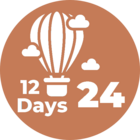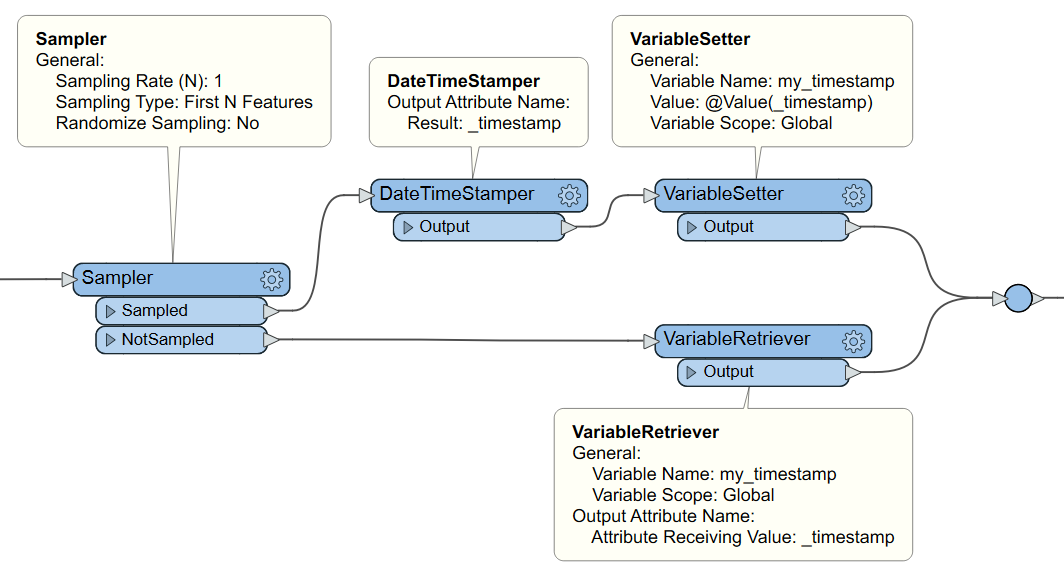Is there a way to automatically set the datetime within a parameter and use it to fanout a dataset so that does not then create a folder for every minute the workspace was running.
I just want the initial date time the workspace was run. The default date time parameter is not really ideal for this as it defaults to midnight and requires user input. I'm hoping to not have to use a workspace runner.
Using DateTimeNow seems to create multiple folders as the outputs are written.




 My preferred solution is using the Python scripted parameter, however. It's very efficient, as it's only evaluated a single time when the workspace starts.
My preferred solution is using the Python scripted parameter, however. It's very efficient, as it's only evaluated a single time when the workspace starts.






